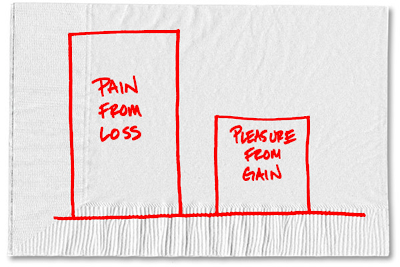Adam Ozimek points us to some recent research suggesting that people don’t actually value pensions very highly:
The study utilizes a change in policy in Illinois that allowed teachers to purchase more pension benefits in exchange for a one-time fee. This allowed the determination of how much teachers are willing to pay for marginal pension benefits. The authors found that on average, teachers valued each $1 in marginal pension benefits at $0.20.
This is useful information for two reasons. First, it suggests states may be able to save money and make teachers better off by buying back pension obligations in exchange for current lump sum payments. Second, it suggests that for districts looking to cut costs, decreases in benefits do not need to be offset with equal dollar value increases in current pay in order to maintain labor supply.
(Yes, that’s 20 cents for one dollar of present value. Specifically, the study finds that on average, teachers are willing to pay only $1,000 for benefits that the pension fund has to pay $4,905 to purchase.)
But does this mean that Illinois teachers would snap up a $1,000 lump sum today in return for a decrease of $4,905 in future pension benefits? Not so fast, pardner. A combination of status quo bias, loss aversion, and  the endowment effect suggests that things wouldn’t be so easy.
the endowment effect suggests that things wouldn’t be so easy.
Status quo bias is just what it sounds like: we all tend to succumb to a sort of emotional inertia that favors whatever benefits we happen to be getting at the moment. Loss aversion is the well known effect that people work harder to avoid the loss of $X than to secure the gain of $X. And the endowment effect causes people to ascribe greater value than normal to things they own, solely because they happen to own them. Put all these things together, and it’s highly unlikely that Illinois teachers would be willing to sell off a dollar of benefits they currently get in return for 20 cents today. In fact, it’s quite possible they’d only sell it off for more than a dollar.
Of course, this applies only to workers who are already vested in a pension system. For brand new workers, given a choice of salary today vs. pension tomorrow, it’s quite possible they’d undervalue the pension. In fact, I’d say it’s almost inevitable, since most of us do exactly that. Nonetheless, I’m skeptical that this research tells us much about either the size of this effect or whether it would be good public policy to even offer the option. The circumstances are just too different.

















